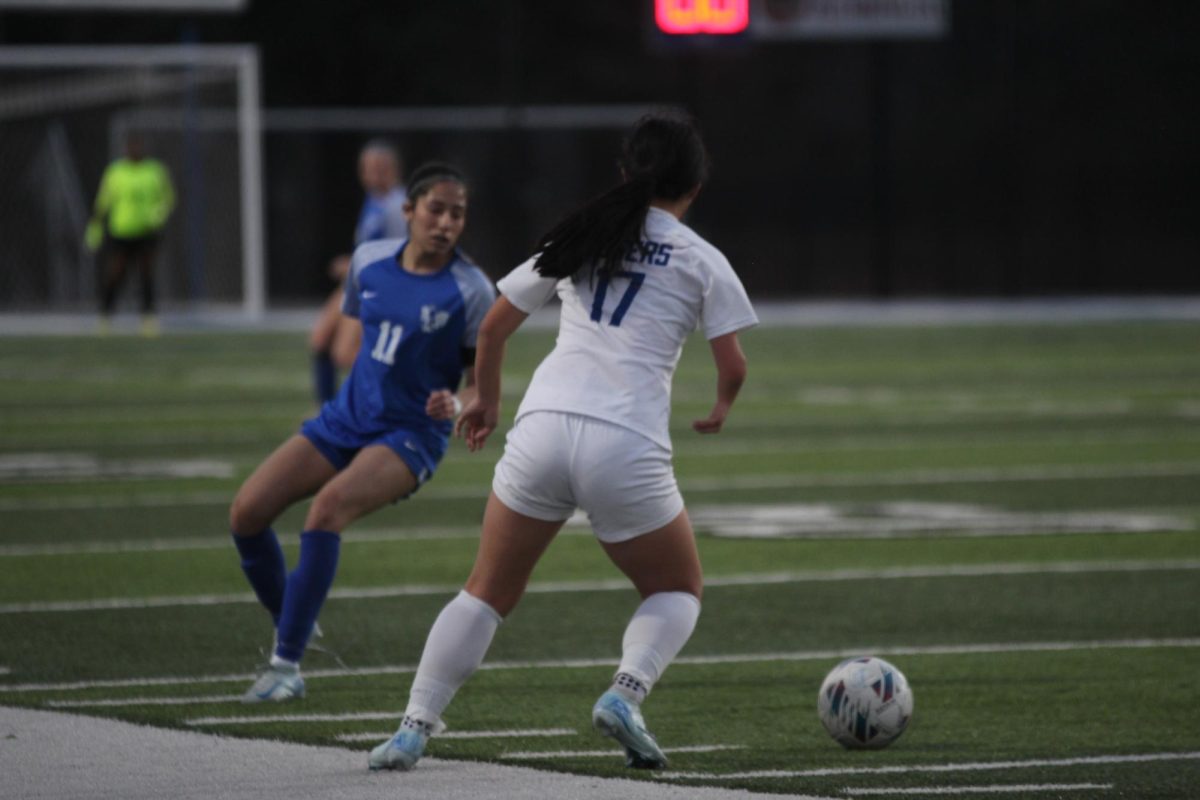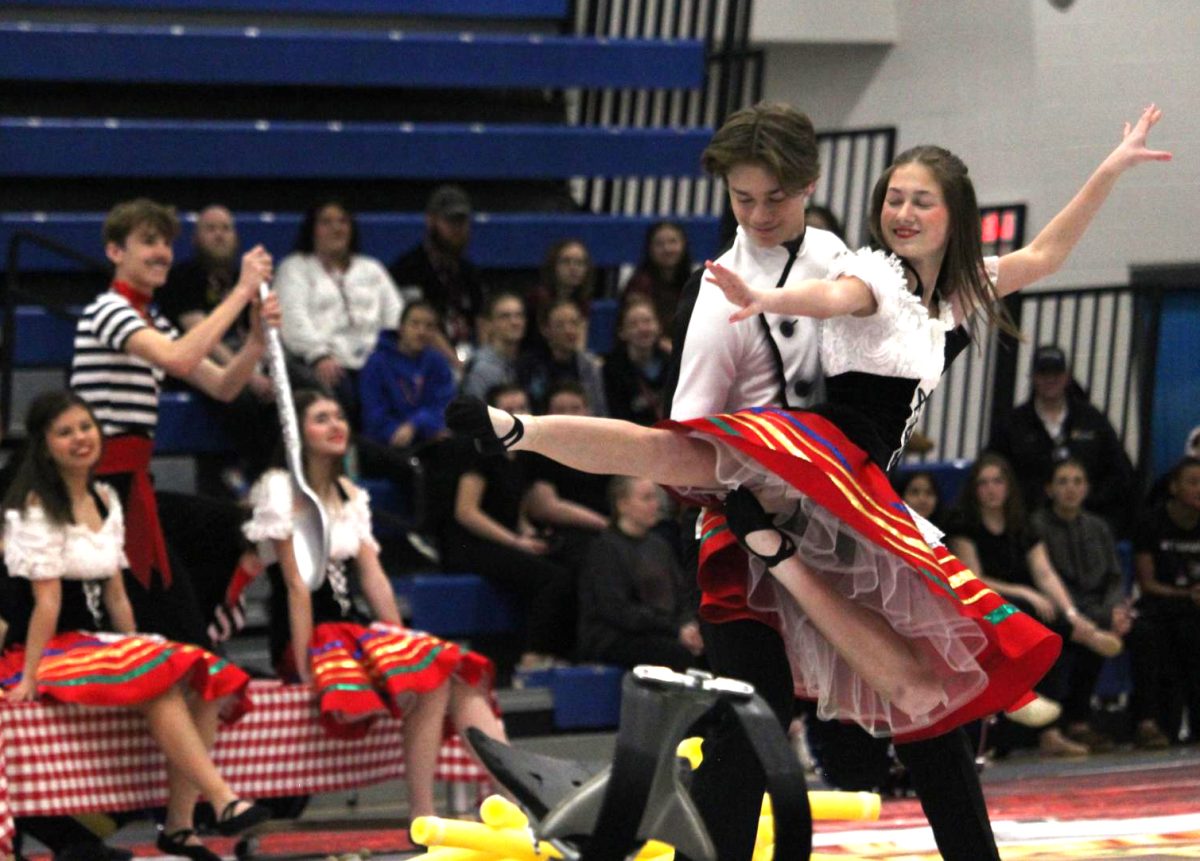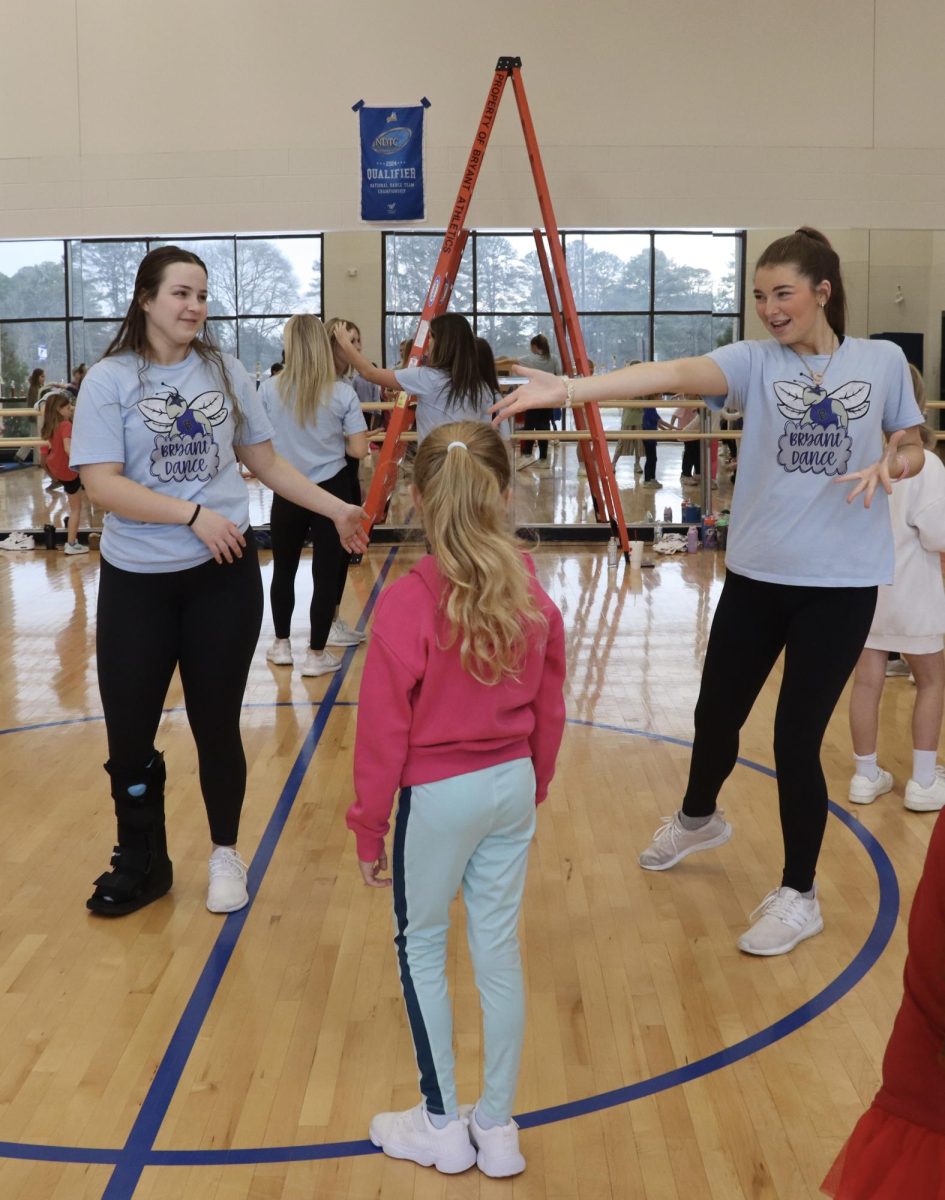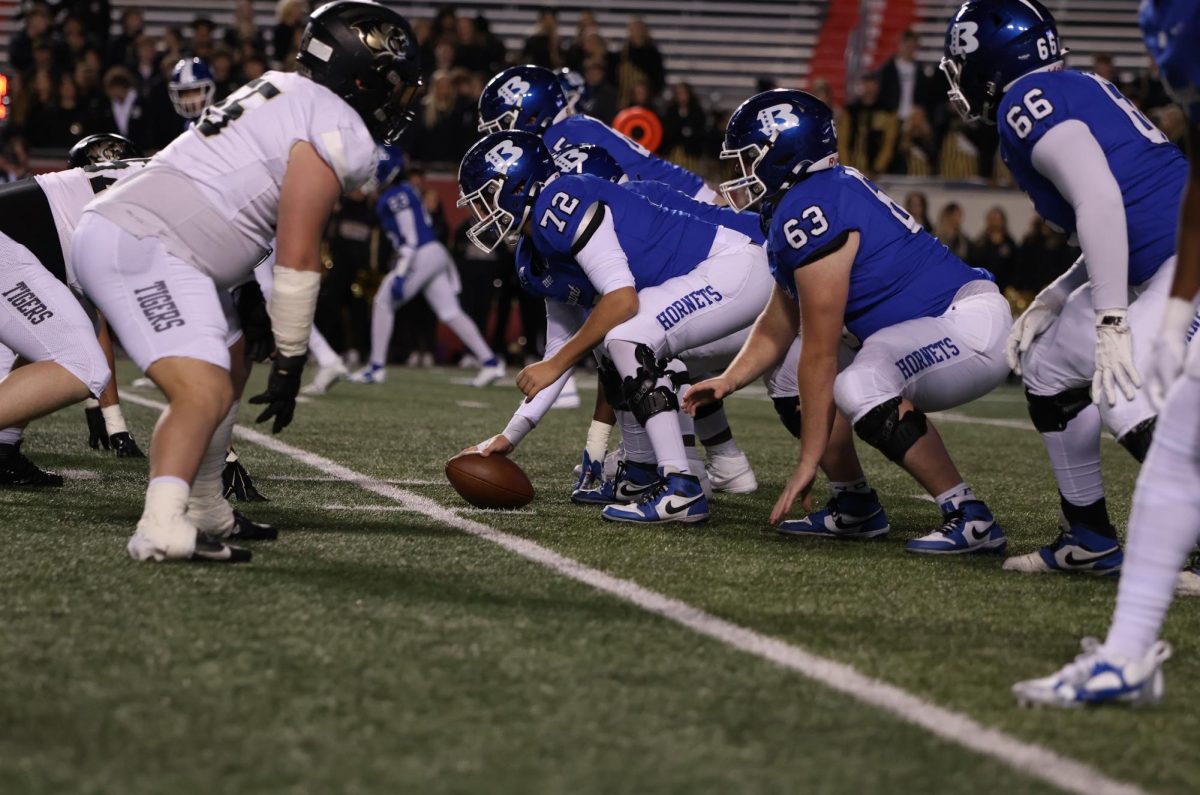
Concussion, the word that no parent wants to hear, the word that brings worry to any athlete, the word that has caused so much controversy.
“The number of concussions occurring now is way less than it was 20 years ago,” equipment manager and defensive coordinator Steve Griffith said. “I don’t think we’re having more concussions; I think we’re just more conscious about it.”
Griffith has been coaching here for 33 years. He has seen the worst of these brain injuries and now takes precautions for concussions.
The team invested in four helmets that reduce the blows to the head with a new design to the shell; named the Revo Speed 360, the new design absorbs the blow and sends it out of the helmet instead of to the skull.
“This helmet feels a lot softer,” senior wide receiver Devonte Howard said. “I feel a lot safer in this helmet.”
Howard has a history of concussions with two that he remembers. Howard wears one of the new Revo Speed 360 and he has not suffered any concussion-like symptoms. Junior running back Brendan Young has also been wearing the new helmet and has not had any symptoms of a concussion.
“The only problem with these helmets are that they cost so much,” Griffith said. “$600 is too much money for only one helmet.”
Concussions gained attention 20 years ago, when the Nation Football League formed the Mild Traumatic Brain Injury Committee, formed to understand the effects of concussions.
The committee found that concussions have short and long-term effects. Short-term effects are headaches, depression and, in severe cases, coma. These symptoms happen either immediately or days after the hit.
Some long-term effects are memory loss, emotional distress and slowing of some bodily movements. These symptoms can start from a week to 15 years after a concussion. The long-term effects of concussions have caused athletes to sue the NFL.
In 2002, former Pittsburgh Steelers center Mike Webster committed suicide. Webster allegedly committed suicide because of multiple concussions. After lawsuits from 4,500 former players, the NFL agreed to a $765 million dollar settlement.
High schools try even harder now to protect their players with a whole new way to tackle, new helmets and less hits during practice.
Instead of leading with the crown of the head, players are supposed to run up, shuffle their feet and explode their body up into the ball carrier with facemask leading. This limits the direct contact with the most vulnerable areas of the helmet and takes the hit to the strongest areas of the helmet.
The new Revo Speed 360 helps with this too. The helmet’s new facemask design absorbs the hit and then pushes it outwards instead of the trauma going to the head.
“I wish we could get more,” head coach Paul Calley said. “I wish everyone of our players could wear these helmets.”





